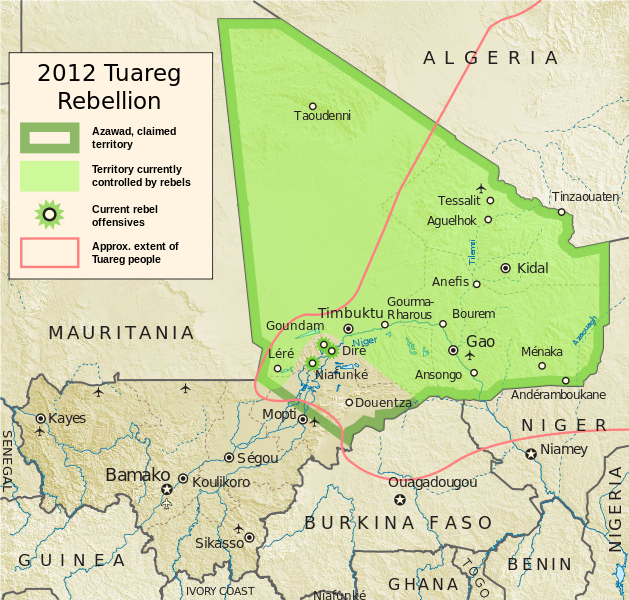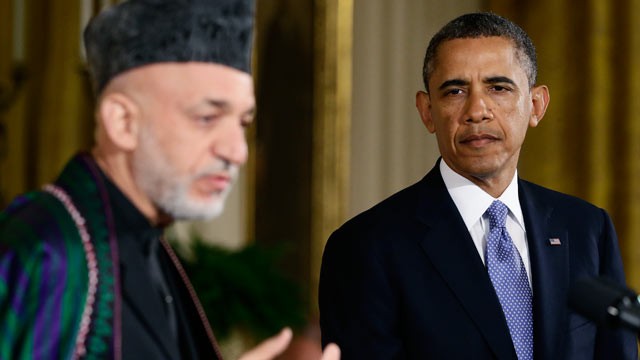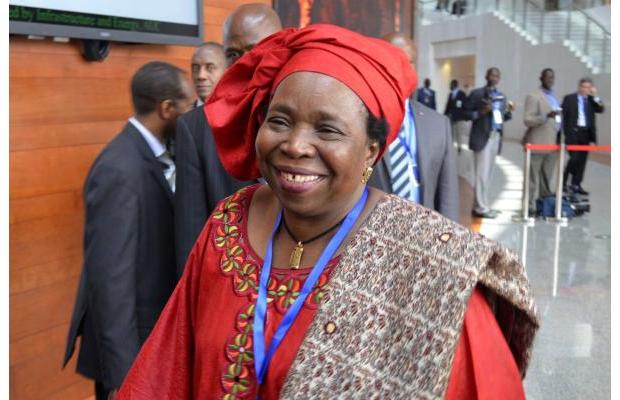In stark contrast to some of the more scandal prone political leaders the world has come to know, Jose Mujica, age 77 and president of Uruguay since 2009 leads a quiet, austere lifestyle on a farm just outside Montevideo, Uruguay’s capital city. He donates as much as 90% of his monthly presidential salary of $12,500 to charity and is noted for driving around in a well-used Volkswagen Beetle.
The president, a left-wing guerrilla with the Cuban inspired Tupamaros in the 1960s and 70s who fought against Uruguay’s former military regime, has dedicated his life to improving the status of the poor and small entrepreneurs, insistent that many Uruguayans live on far less than the salary he is provided with, electing to do more with less.
Although the international press has dubbed him the ‘world’s poorest president’, Mujica himself rejects the title, stating instead that his way of life is by choice. He heavily criticises what he sees as the mass consumerist lifestyle imposed on people by governments who are more concerned with profit cycles than leading a well-balanced and fruitful existence.[captionpix align=”left” theme=”elegant” width=”320″ imgsrc=”http://i1.mail.com/714/1645714,h=425,pd=1,w=620/jose-mujica.jpg” captiontext=”President of Uruguay, Jose Mujica, 77, steps out of a tractor on his farm. In contrast to most politicians, Mr Mujica has chosen a life of austerity, eschewing the more opulent lifestyle led by many world leaders.”]
Despite the fact that Uruguay is the second smallest country in South America, according to Transparency International ‘s Global Corruption Index for 2012 it is now tied with Chile as the least corrupt country in all of Latin America. This is a position that is well represented by Mr Mujica and his wife, Lucía Topolansky, a Uruguayan Senator, who similarly donates a portion of her salary to charity. The numbers are further borne out by the country’s high levels of development and per capita GDP, now above $15,000 a year (a rise of 27.7% from 2008 and second only to Chile).
The Uruguayan leader, whose popularity rating fell below 50% in opinion polls for the first time last year since being elected, has faced criticism from his opponents who say his government has failed to live up to its potential and build on Uruguay’s stable economic foundation.
A number of citizens have taken issue with what some call his overly eccentric lifestyle and his failure to act ‘presidential’. The President followed up by remarking that “it was not his job to interpret polls; my job is to keep working and that’s it”.
No stranger to adversity, in 1972 Mujica was shot by police six times before serving a 14-year prison sentence during military rule. He was later freed during Uruguay’s return to constitutional democracy in 1985 and the Tupamaros movement he was a member of formed the Popular Participation Movement (MPP) which was then rolled up with other left-wing organizations into the Broad Front coalition. Mujica served in a variety of roles including Senator and Minister of Livestock, Agriculture and Fisheries before becoming a presidential candidate with the Broad Front in 2009.
The president is also an atheist and vegetarian and has been quoted as saying that “it is a mistake to think that power comes from above, when it comes from within the hearts of the masses (…) it has taken me a lifetime to learn this”. In June 2012 the Mujica government moved to legalise state sales of cannabis to combat drug-related violence and break the power of drug cartels.
A man of the working classes who has been termed an anti-politician, Jose Mujica is a unique example of what politics can be when they are devoid of nepotism, graft and personal deification.



